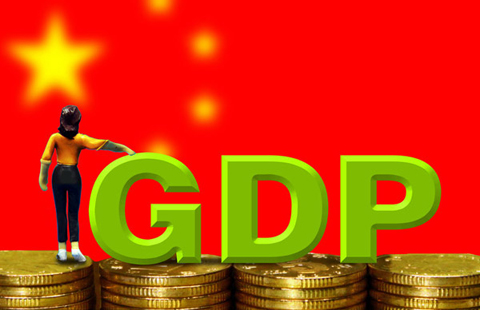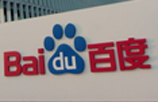Yuan suffers biggest loss since 2008
By ZHENG YANGPENG (China Daily) Updated: 2015-01-27 08:07"Given the situation, widening the trading band is an option. Further, the central bank should shift from its strategy of a de facto peg of the yuan against the dollar to one that gives other major currencies more weight," said Wang.
That could lead to a scenario where the Chinese currency depreciates against the dollar while also appreciating against, for example, the euro, instead of falling against all currencies just because of a dollar rally.
In terms of the trading band, many institutions have speculated that the PBOC may widen the band to 3 percent this year as long as the currency continues to demonstrate two-way volatility.
Ding said that doing so might prompt institutions to bet on continuous appreciation of the dollar and buy the dollar, which would prompt a further slide of the yuan.
Instead, he said, there is still room to use the reference rate to prop up the currency.
Many expect the yuan to depreciate slightly against the dollar in 2015. Fielding Chen, a China economist with Bloomberg, said in a note that a big drop is unlikely, because such a drop would inspire political pressure from the US.
Significant depreciation might also trigger big capital outflows, which would threaten the financial sector's stability, Chen said.
As the PBOC is expected to cut interest rates this year, a narrower yuan-dollar interest rate differential could deter capital inflows while contributing to the depreciation of the yuan.
But Wang said there are also factors positive for appreciation. For example, the falling oil price would push up China's trade surplus.
- Refinery deal in Myanmar key for Guangdong Zhenrong Energy
- Chinese company finds secret to business success in West Africa
- Japanese rice turns new luxury food for Chinese
- Motorola back to China market
- Yuan suffers biggest loss since 2008
- Beijing-Shanghai high-speed line turns profitable in 2014
- Chinese companies to invest $20b in overseas properties in 2015
- Foreign high-tech vendors may face stricter controls in China
















